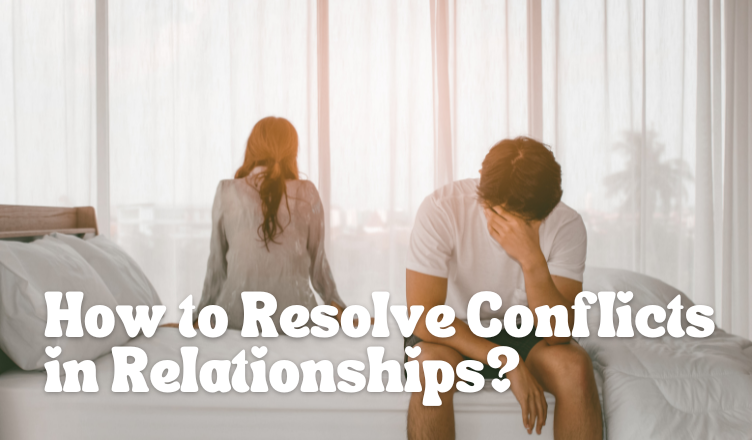Conflict is an inevitable part of any relationship. Disagreements, misunderstandings, and differing opinions are bound to arise, but how we handle these conflicts can make all the difference. The key to a healthy and thriving relationship lies in our ability to find common ground and resolve conflicts with respect and understanding. In this article, we will explore valuable tips on how to navigate conflicts and foster harmony in your relationships. So, let’s dive in and discover the art of finding common ground!
- Practice Active Listening:
Effective communication is the foundation of conflict resolution. To find common ground, it’s crucial to practice active listening. Truly listen to your partner’s perspective without interrupting or formulating your response. Seek to understand their point of view and validate their feelings. By showing genuine attentiveness and empathy, you create a safe space for open dialogue and mutual understanding. - Seek Compromise, Not Win-Lose:
Conflicts often arise from a clash of differing needs and desires. Instead of approaching conflicts as a win-lose situation, strive for compromise. Recognize that both of you have valid viewpoints and work together to find a middle ground that satisfies both parties. Through collaboration and flexibility, you can reach solutions that honour both your individuality and your shared goals. - Use “I” Statements:
When expressing your concerns or grievances, use “I” statements instead of blaming or accusing your partner. For example, say “I feel hurt when…” instead of “You always do this…”. By focusing on your own feelings and experiences, you promote a non-confrontational atmosphere and encourage your partner to empathize and engage in a constructive conversation. - Take Time for Reflection:
Sometimes conflicts can escalate due to heightened emotions. In such moments, it’s beneficial to take a step back and allow for individual reflection. Take time to calm your emotions and gain perspective. Once you’ve regained composure, return to the discussion with a renewed sense of understanding and a willingness to find common ground. - Practice Forgiveness and Letting Go:
Resolving conflicts requires a willingness to forgive and let go of grudges. Holding onto past grievances only hinders the growth and healing of your relationship. Practice forgiveness, both for yourself and your partner. Focus on moving forward rather than dwelling on past mistakes. By cultivating forgiveness, you create an environment of trust, acceptance, and emotional freedom.
Conflict is an opportunity for growth and strengthening the bonds of your relationship. By practising active listening, seeking compromise, using “I” statements, taking time for reflection, and practising forgiveness, you can resolve conflicts with grace and find common ground. Remember, conflicts are not the end, but rather stepping stones toward deeper understanding, empathy, and a stronger connection.
Looking for creative ways to express your love and mend any remaining rifts? You can send e-cards to convey your heartfelt apologies, appreciation, or support. Follow the link below to discover unique e-card options from 123greetings that will help you reconnect and foster harmony in your relationship…


